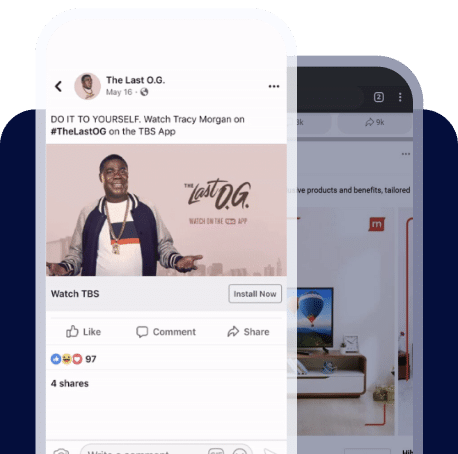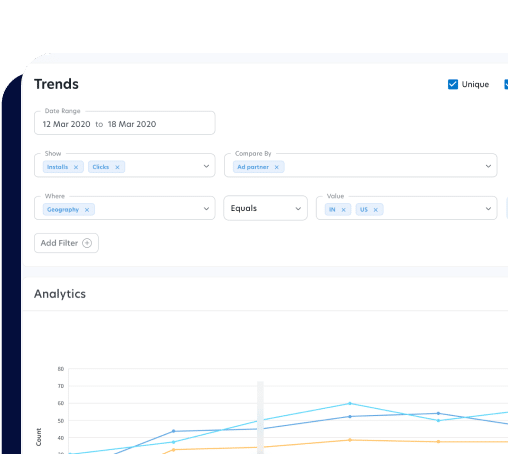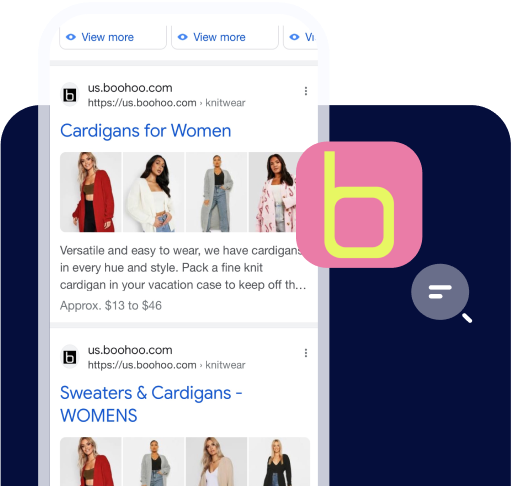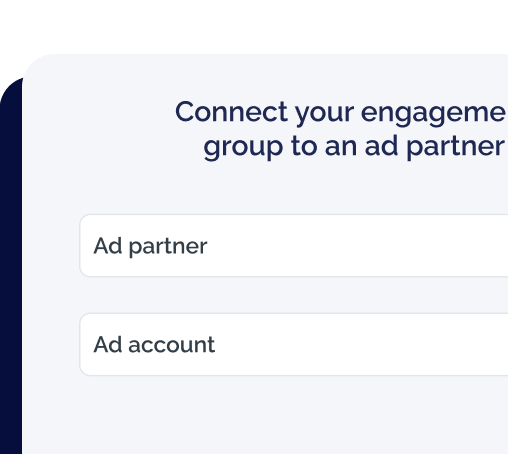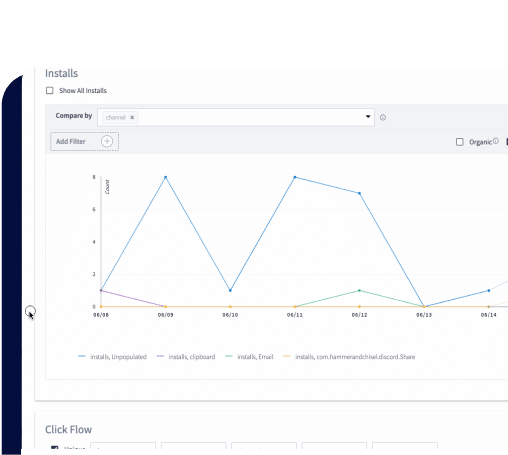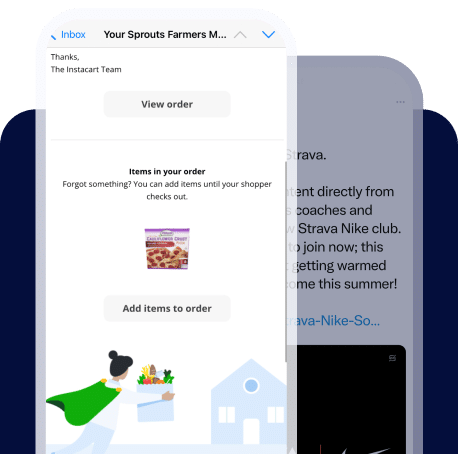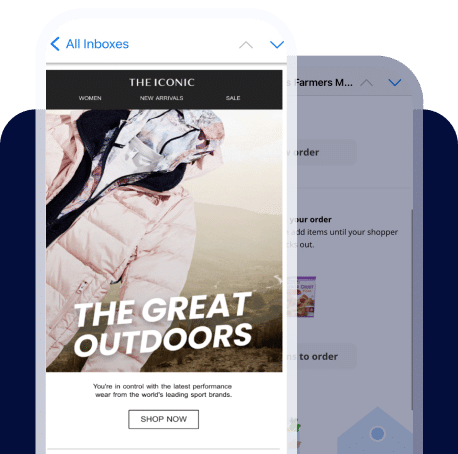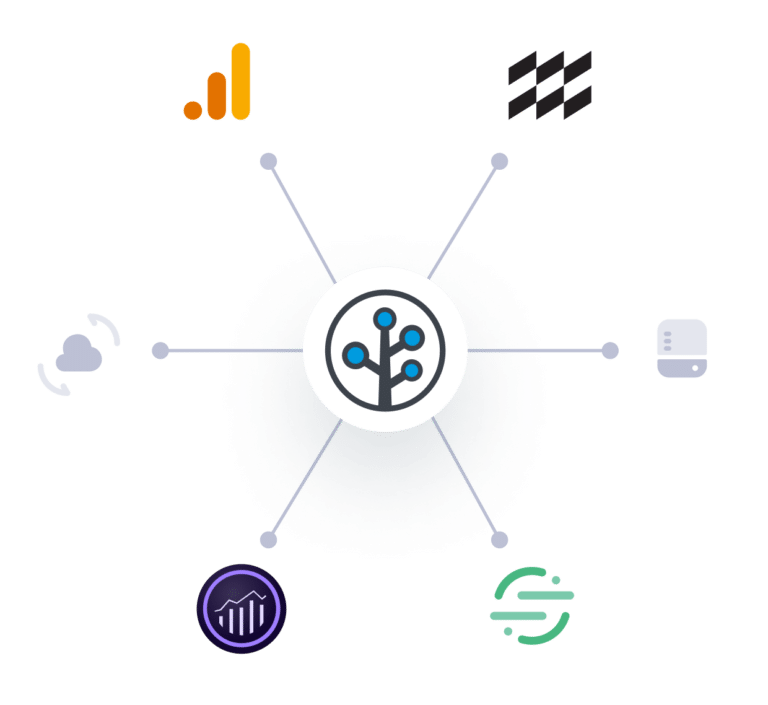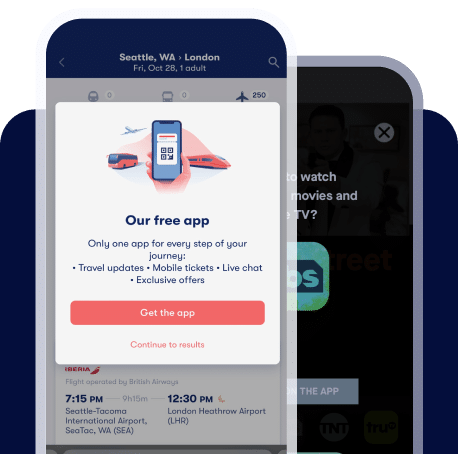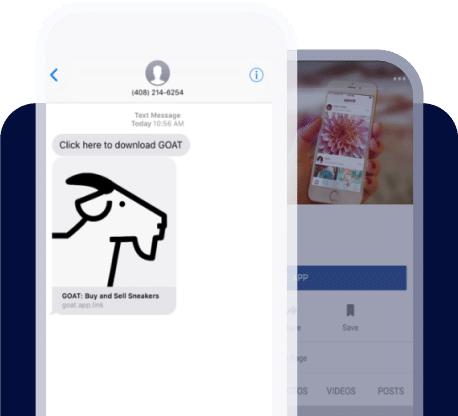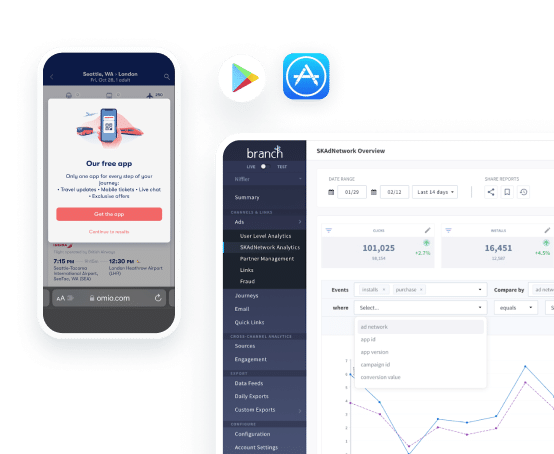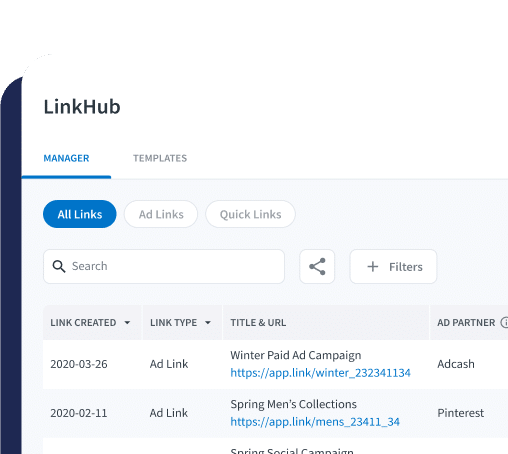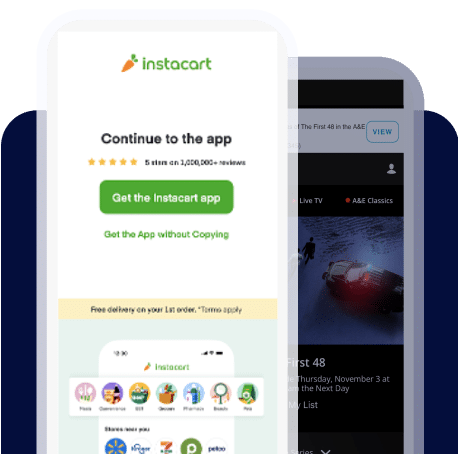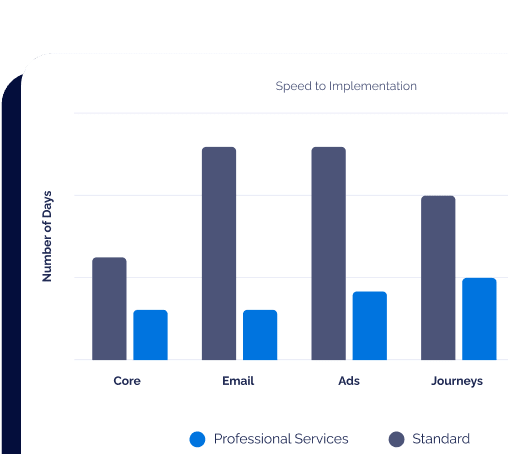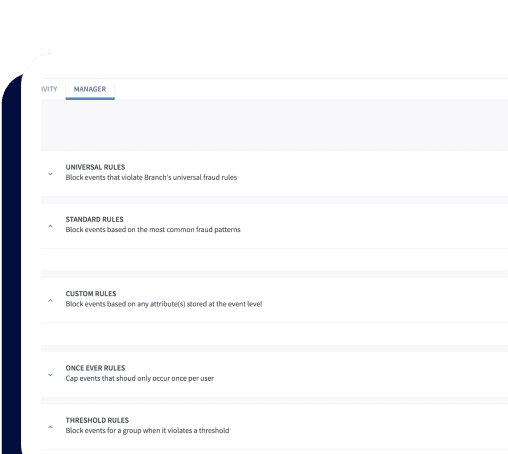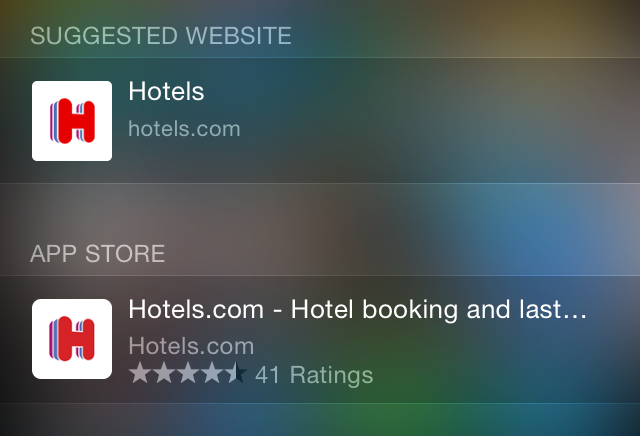For mobile app developers, 2015 feels like 1998 as the war for “mobile SEO” begins. Apple just released iOS 9 — the newest version of their mobile operating system. iOS 9 comes with an important update to Spotlight search that could change the way apps are discovered, and kick off a battle for getting app content to rank in search results.
iOS 9 Spotlight Search and App Content
With iOS 8, searching for “hotel” in Spotlight returned few things: an app with “hotel” in the name that you have on your phone or exists in the app store, some web results and maybe a Wikipedia article. However a search for “hotel palo alto” probably won’t show a lot of apps — there isn’t an app called “hotel palo alto.”
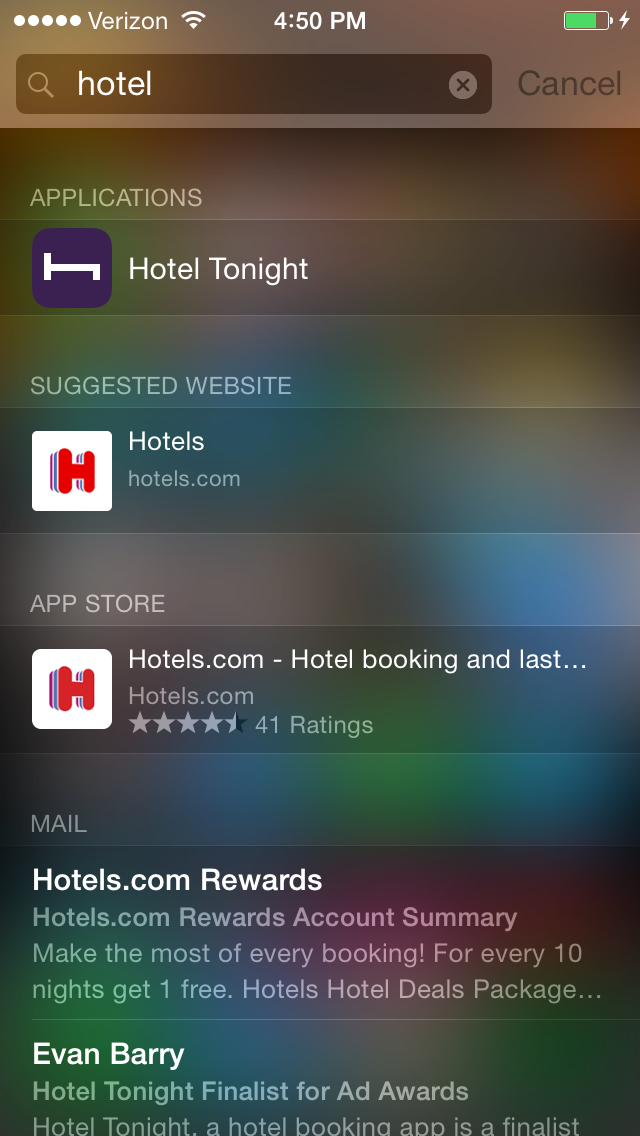
With the new changes in iOS 9, users are able to search for a specific term like “hotel palo alto” and see content not just from the web, but from any app that is indexable by Apple, whether or not the user has the app installed. Developers can ensure the content within their app (not just their app name) is visible to Apple and hope Apple decides to return their app as a search result for a user.
iOS 9 Spotlight Search Result
The early Angry Bird gets the worm
The Apple pitch makes it seem like this change will be a massive boon for app developers trying to get their apps discovered, and in a way, it is. There are plenty of long-tail searches in Spotlight that don’t return any actionable results. When Spotlight returns app content, users could potentially find new apps that they love by searching for something they need. More users will find more apps that are more relevant to them and if the user clicks on the search result — a deep link will take them to that content in the app or to install it. Third-party technology can even deep link through install, driving up engagement and retention.
Early adopters have been frantically trying to figure out the new technology so they can monopolize search results while the pool of apps that are indexed is still relatively low. The belief is that, like in the early days of the web, apps with good content will drive traffic into their app early and will see a positive feedback effect — more users will mean the algorithm sees that app as more relevant, which means they show up more in search results, which means they gain more users and so on. The relative benefit of adding code to their app at this early stage makes sense.
Will it pan out?
With any search engine, the developer is at the mercy of the search algorithm. Apple’s search will adjust its “relevance score” based on three core attributes — the popularity of the URL on the web (for content that appears on both web and mobile), the frequency of views that the content receives inside the app, and the engagement with the search result (e.g. how often is that content clicked on when it appears in search). For a more detailed review of Apple’s relevance ranking, you can read this article.
It’s not entirely clear, but based on this knowledge and current Spotlight results, the algorithm appears to be founded on the core assumption that the best results are the most popular ones. The recent drive for privacy has limited options for Apple to personalize results, and there doesn’t appear to be a particular focus on smaller “up and coming” apps. For example, it seems hard to believe that apps require installation will perform well on search result engagement when most people are looking for an immediate and lightweight answer.
It’s not unreasonable for Apple to base the relevance score on popularity, but it is problematic for most developers. It’s problematic because there are around 1.5 million apps in the App Store, and the average user uses about 27 apps/month. App data providers such as MightySignal and MixRank suggest that the top 1000–2000 apps dominate the entire app marketplace, meaning hundreds of millions of iOS users use just a fraction of available apps. An algorithm focused on popularity will weigh heavily in favor of those top 2000 apps, and could be harmful to the rest of the app ecosystem.
By focusing the relevance algorithm on current popularity, the Spotlight changes have the potential to be more of a mirage than a genuine benefit for the vast majority of app developers. The same apps that already dominate people’s phones, app store search, and customer mindshare will be the same apps that stand to gain an even bigger piece of the pie through Spotlight search. The same SEO battles that were fought on web will take place again on mobile, along with the same frustrations and lack of transparency that the world of web SEO suffers from, meaning an uphill battle for all but the current market leaders.
There’s no way to know in which direction the changes will push app discoverability. When we get some data from our partners, we’ll write a follow-up and let you know. Even if Spotlight search doesn’t become the panacea of user acquisition some may be hoping for, developers can reap the benefit of any change that increases the discoverability of their content. The App Store stranglehold on user acquisition is slowly being loosened, and on iOS, Android and even from mobile web, the opportunities for content discovery through indexing and deep linking are multiplying. The smartest app developers will make sure they are keeping up with the latest technological innovations and quickly double down on the ones that show results. Spotlight search isn’t the first, nor is it the only one, but it could be a major development for app developers looking to make a splash. It remains to be seen whether that major development ends up being positive or negative for burgeoning apps.

